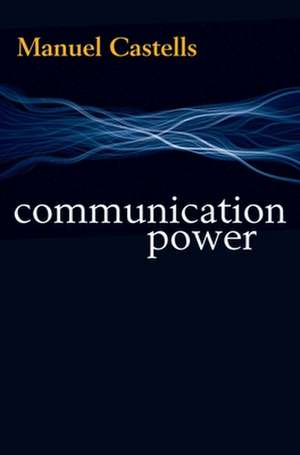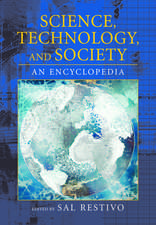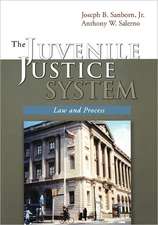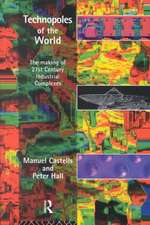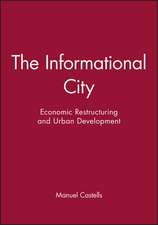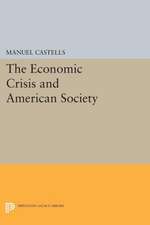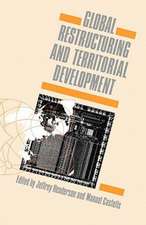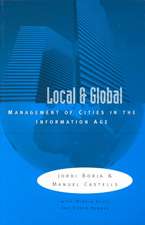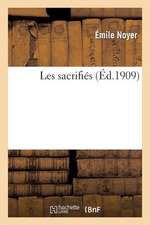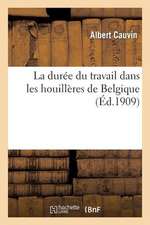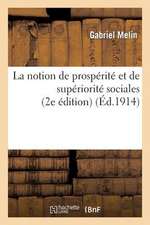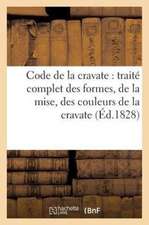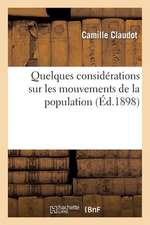Communication Power
Autor Manuel Castellsen Limba Engleză Paperback – 30 mar 2011
| Toate formatele și edițiile | Preț | Express |
|---|---|---|
| Paperback (2) | 112.73 lei 10-16 zile | |
| Oxford University Press – 30 mar 2011 | 112.73 lei 10-16 zile | |
| Oxford University Press – 29 aug 2013 | 145.61 lei 31-37 zile | +50.61 lei 4-10 zile |
| Hardback (1) | 368.89 lei 31-37 zile | |
| OUP OXFORD – 9 iul 2009 | 368.89 lei 31-37 zile |
Preț: 112.73 lei
Nou
Puncte Express: 169
Preț estimativ în valută:
21.57€ • 22.44$ • 17.81£
21.57€ • 22.44$ • 17.81£
Carte disponibilă
Livrare economică 14-20 martie
Preluare comenzi: 021 569.72.76
Specificații
ISBN-13: 9780199595693
ISBN-10: 0199595690
Pagini: 592
Ilustrații: Numerous figures and tables
Dimensiuni: 161 x 231 x 30 mm
Greutate: 0.88 kg
Editura: Oxford University Press
Colecția OUP Oxford
Locul publicării:Oxford, United Kingdom
ISBN-10: 0199595690
Pagini: 592
Ilustrații: Numerous figures and tables
Dimensiuni: 161 x 231 x 30 mm
Greutate: 0.88 kg
Editura: Oxford University Press
Colecția OUP Oxford
Locul publicării:Oxford, United Kingdom
Recenzii
Castells has done it again, a masterpiece of global perspective and enviable erudition. Moving beyond his trilogy on the information age, Castells focuses on how cultural, economic and particularly political power relationships are constituted and sustained through systematic communication flows. A new line of analysis draws on neuroscience and cognitive psychology to track the role of emotion in political communication. Case studies include global mediaderegulation, the politics of scandal, framing the war in Iraq, ecological social movements, the Obama presidential candidacy and a fascinating comparison of media control dynamics in Russia and China.
How could Manuel Castells have predicted that now is the time of the perfect storm? I do not know. But I do know that his new book coincides with the largest downturn in global economies since the 1930s, with the most important American election since the 1960s, with a most radical transformation of world politics in many generations, and with the most profound reevaluation of the lives of modern citizens, from what they value to how they communicate. We have becomeused to Castells' careful scholarship and penetrating analyses but in this new book he cuts deeper into the heart of the matter. Sometimes he provides illuminating answers and where he cannot, he frames the questions that must be answered. This is a powerful and much needed book for a world incrisis.
Manuel Castells unites the mind of a social scientist with the soul of an artist. His trilogy took us to the edge of the millennium. This book takes us beyond to the critical crossroads of the 21st century, where technology, communication, and power converge.
In this timely book, Professor Castells turns his attention from the impact of the internet on the economy to its impact on communications and politics. I can warmly recommend it to all communications practitioners. But his clear analysis and vivid case studies make this book of interest to anyone who wants to understand the nature of power in today's democracy and the meaning of the campaign that swept Barack Obama into the White House.
How could Manuel Castells have predicted that now is the time of the perfect storm? I do not know. But I do know that his new book coincides with the largest downturn in global economies since the 1930s, with the most important American election since the 1960s, with a most radical transformation of world politics in many generations, and with the most profound reevaluation of the lives of modern citizens, from what they value to how they communicate. We have becomeused to Castells' careful scholarship and penetrating analyses but in this new book he cuts deeper into the heart of the matter. Sometimes he provides illuminating answers and where he cannot, he frames the questions that must be answered. This is a powerful and much needed book for a world incrisis.
Manuel Castells unites the mind of a social scientist with the soul of an artist. His trilogy took us to the edge of the millennium. This book takes us beyond to the critical crossroads of the 21st century, where technology, communication, and power converge.
In this timely book, Professor Castells turns his attention from the impact of the internet on the economy to its impact on communications and politics. I can warmly recommend it to all communications practitioners. But his clear analysis and vivid case studies make this book of interest to anyone who wants to understand the nature of power in today's democracy and the meaning of the campaign that swept Barack Obama into the White House.
Notă biografică
Manuel Castells was Professor of City Planning and of Sociology at the University of California, Berkeley, from 1979 to 2003. He has published 23 books, including the trilogy The Information Age: Economy, Society and Culture (Blackwell, 1996-2000), translated into 22 languages, and The Internet Galaxy (OUP, 2001) translated into 15 languages. He is a Fellow of the European Academy, of the British Academy, and of the Spanish Royal Academy ofEconomics. He has received 14 honorary doctorates and has been knighted by France, Catalonia, Finland, Chile, and Portugal.
